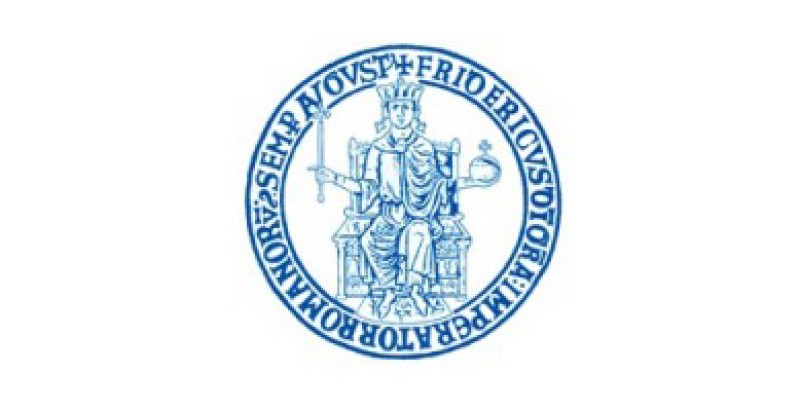Sub-theme 67: Organizations and the Ethics of Dissent [merged with sub-theme 19]
Call for Papers
In the discourse of business and organizational ethics, organizations are commonly placed as the principal moral
agents. Imbued with such agency it is through their actions that ethics can be managed, measured and achieved, and that scandal
and catastrophe can be avoided; the goal is a form of ethical consensus led by an elite managerial class. But as "the need
for consensus" amounts to a retreat from the political" (Mouffe, 2000, p. 85) and a "cancelling out [of] politics" (Rancière,
2011, p. 42), it renders politics, difference and resistance to management increasingly meaningless, obsolete and futile.
In this sub-theme we invite participants to consider ethics from a radically different perspective, one where ethical
agency is no longer located within organizations, but in the spaces of political dissent and resistance. This does not dream
of a corporate and market-based utopia where organizations operate on a moral consensus and choose voluntarily to act in the
interests of the community. Quite the contrary, the "ethics of disset" is a "project of ethico-political resistance and critique
that works against forms of coercion, inequity, and discrimination that organizations so frequently and easily reproduce"
(Pullen & Rhodes, 2013, p. 12).
Hence, an ethics of dissent breaks the frame that yokes business ethics to
the voluntary and self-directed activities of businesses and corporations. Just as corporations can only be brought into existence
through a legislative process sanctioned by society as represented by government, so too does responsibility for the ethics
of business lie with the sanction or dismissal by society. Counteracting the depoliticizing tendencies of conventional business
ethics, an ethics of dissent is deeply political and closely related to the legacy of democracy – not as a matter of state
politics but as "the practice of dissensus" (Rancière, 2011).
As an ethics of dissent is realised in the context
of a democracy characterised by the confrontation of different interest and positions (Mouffe, 1996; 2000), it does not position
a whole-scale ethical system that would pre-empt or decide action. Rather, it responds to the situation in which one finds
oneself through political action that rebukes domination (including the domination of power laden normative ethical systems).
The dissent that emerges is one that rattles the dominating system that "stacks the cards in favor of an un-democratic corporate
politics" (Zyglidopoulos & Fleming, 2011, p. 703). Indeed, the aporia of the contemporary corporation is that it relies
on a discourse of freedom (democracy and neo-liberalism) to justify itself whilst seeking to diminish the freedoms of others.
Dissent is a symptom of this aporia, enabled by the very organization that seeks to repress it (cf. Derrida, 2005, p. 152).
Grounded in an ethical desire for freedom from domination and oppression, this sub-theme will explore how power
is both present and resisted in relation to organizations. Topics include, but are not limited to:
- Everyday acts of ethico-political resistance in organizations
- Hypocrisy and power in business ethics practice
- Feminist resistance and organizational ethics
- Ethical responses to racism and sexism in organizations
- The ethics of sexual identity in organizations
- Ethical resistance to worker exploitation
- Ethics and income inequality in organizations
- The ethics of anti-corporate activism
- Ethics and the occupy movement
- The ethics of political Corporate Social Responsibility
- Self-regulation, legal regulation and societal regulation of corporate conduct
- The ethics and politics of Free Trade Agreements
- The role of the intellectual of democratic dissent under neoliberalism
References
- Derrida, J. (2005): Rogues: Two Essays on Reason. Stanford: Stanford University Press.
- Mouffe, C. (1996): Dimensions of Radical Democracy: Pluralism, Citizenship, Community. London: Verso.
- Mouffe, C. (2000) :"Which Ethics For Democracy?" In: M.B. Garber, B. Hanssen & R.L. Walkowitz (eds.): The Turn to Ethics. New York: Routledge, pp. 85–94.
- Pullen, A., & Rhodes, C. (2013): "Corporeal ethics and the politics of resistance in organizations." Organization, 21 (6),782–796.
- Rancière, J. (2011): Dissensus: On Politics and Aesthetics. London: Bloomsbury.
- Zyglidopoulos, S., & Fleming, P. (2011): "Corporate accountability and the politics of visibility in 'late modernity'." Organization, 18 (5), 691–706.


